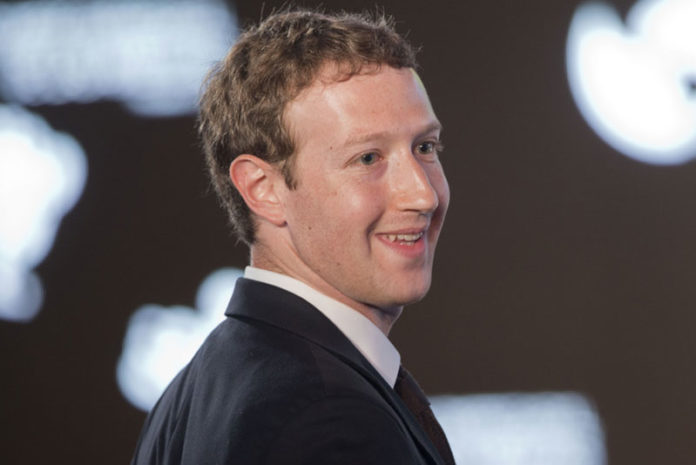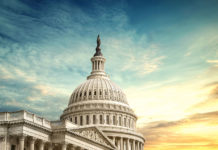
Facebook founder Mark Zuckerberg has claimed that his company is not biased against President Trump.
In a post on his social media account, Zuckerberg said, “Trump says Facebook is against him. Liberals say we helped Trump. Both sides are upset about ideas and content they don’t like. That’s what running a platform for all ideas looks like.”
However, Facebook executives were in close contact with the Hilary’s failed presidential campaign. Zuckerberg himself met with the John Podesta, Clinton’s former campaign chairman, and the company had also teamed up with the longtime Clinton ally David Brock to combat anti-Clinton news.
In emails released by WikiLeaks last year, Teddy Goff – digital strategist for the Clinton Campaign – wrote about having a ‘discreet conversation’ about developing a ‘work relationships’ with the companies such as Facebook and Apple as late as December ’14.
The portion with the partnership in the document reads, “Working relationships with Google, Facebook, Apple and other technology companies were important to us in 2012 and should be even more important to the you in 2016, given their still-ascendant positions in the culture … These partnerships can bring a range of benefits to a campaign, from access to talent and progressive donors to early knowledge of beta products and invitations to participate in pilot programs. We have begun discreet conversations with some of these companies to get a sense of their priorities for the coming cycle, but would encourage you, as soon as your technology leadership is in place, to initiate more formal discussions.”
The memo also confirms that Eric Schmidt, the executive chairman of the Alphabet, Google’s parent company, was helping the Clinton’s presidential campaign. The Schmidt-backed group involved with the campaign was smartly never mentioned by name, and though he had provided funding to a tech company called The Groundwork, and ultimately received hundreds of thousands from the Clinton’s campaign.
Zuckerberg met with Podesta on at least one occasion, as per another one of the emails discovered.
“I enjoyed spending time with you yesterday and our conversation gave me a lot to think about. Thanks for sharing your experiences with CAP and some of the choices you made as you put the organization together,” Zuckerberg told Podesta on August 7, 2015. “I hope it’s okay if I reach out as my thinking develops to get your ideas and reactions. If there are any other folks you think I should talk to, please let me know. Thanks again. I look forward to continuing our conversation.”
Facebook began talks with Brock’s company after it had finally launched a “fake news” petition drive in 2016, as per the documents.
“It became clear from these conversations that Facebook needed our help in fully understanding the problem and identifying concrete solutions, the memo states. Further, it also became clear that we had information and insight that they didn’t have that was helpful in educating them on the full scope of the problem. For example, Media Matters had a detailed map of the constellation of right-wing Facebook pages that had been the biggest purveyors of fake news—as well as insight into the food chain of fake news and how it was moving through the Facebook ecosystem. We’ve been engaging with Facebook leadership behind the scenes to share our expertise and offer input on developing meaningful solutions,” the memo said.
Facebook has once again come under fire in recent weeks after it was revealed that Russian-linked individuals had bought more than $100,000 in pro Black Lives Matter political advertising during the 2016 election.




























